Software Testing
Software testing services that drive product quality & customer satisfaction

Why Masscom for Software Testing Services?
Software Testing Services
Test automation services
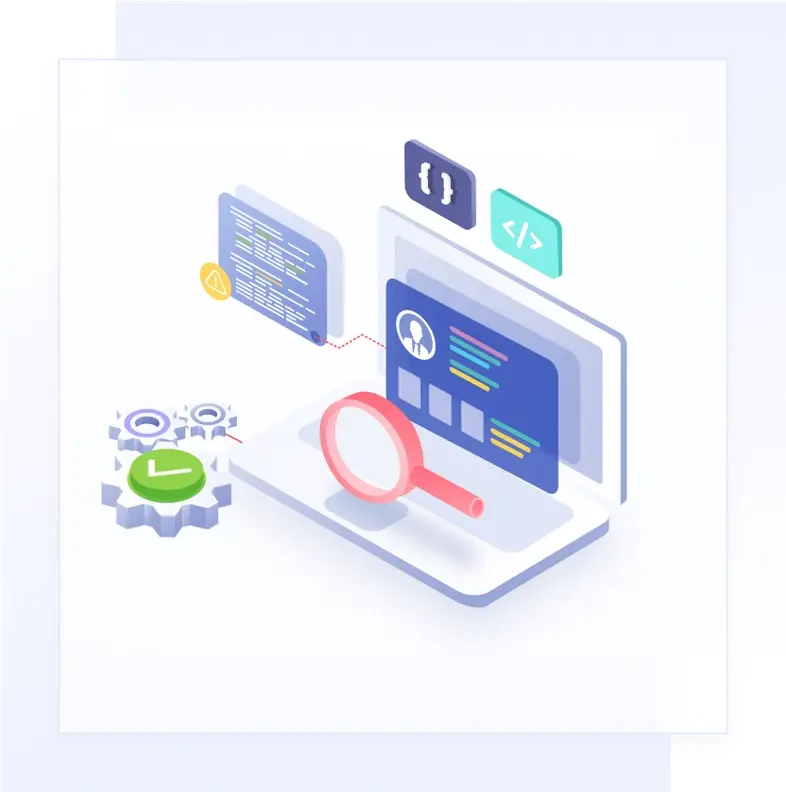
You can rely on us by leveraging our test automation services and get rid of manual regression testing processes. This will save a lot of time for your team while significantly ensuring test flexibility, test quality, and responsiveness.
Our test automation services includes:
Microservices testing
Our microservices testing services first decide on the software testing KPIs such as granularity of test cases, run time, test scripts maintainability, etc in the design phase of software testing. The following phases involve assigning QA managers and test automation architect for prioritizing the test scenarios for automation and preparing a test strategy plan.
Thus, you will have an entire team of microservices testing. It includes managing the process to set up the test environment, test data generation, and designing the test cases.
Our microservices testing plan includes (but not limited to) the following set of testing types:
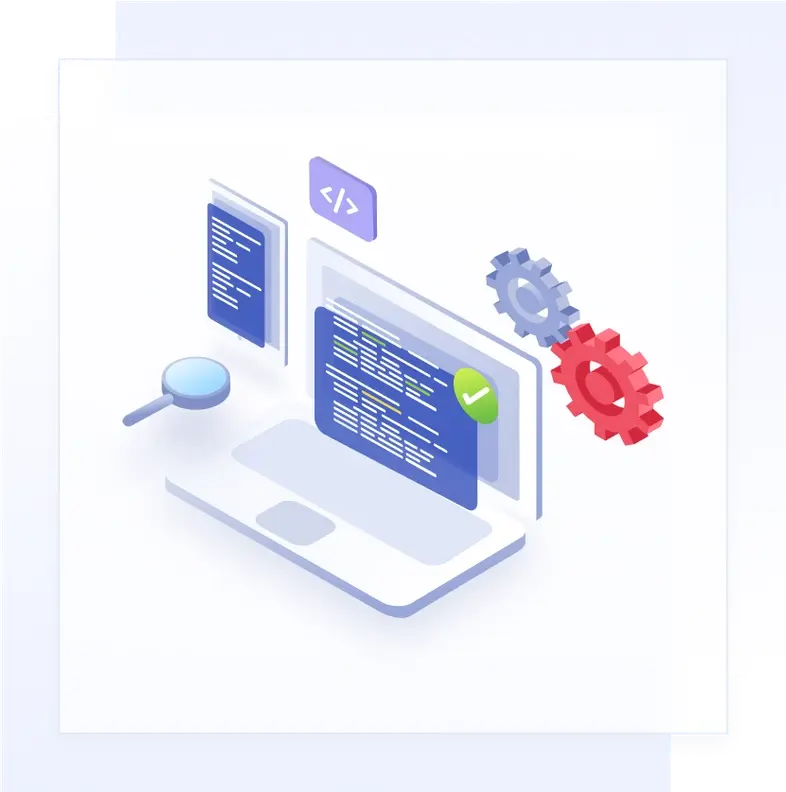
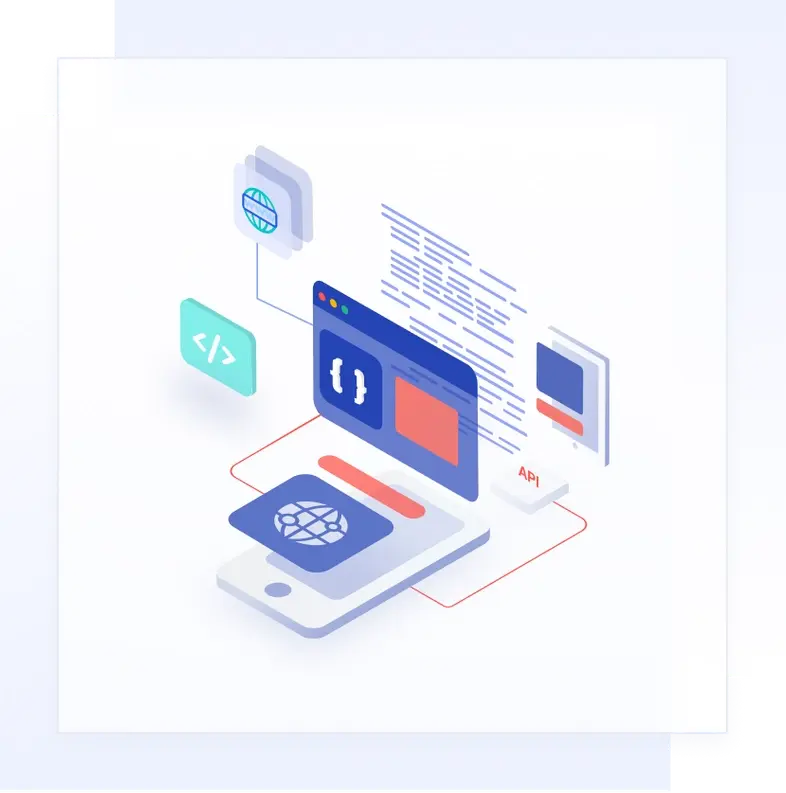
API testing
Performance testing
Performance testing remains at the forefront of our software QA testing services as it determines the overall application stability. It covers many applications, including complex transactions systems, client-server apps, cloud databases, and more.
We provide a full-proof performance testing solution that checks everything that makes apps responsive, accessible, and scalable for users.
Prominent factors in performance testing include load testing, stress handling, endurance checks, benchmarking, and other critical deliverables such as,
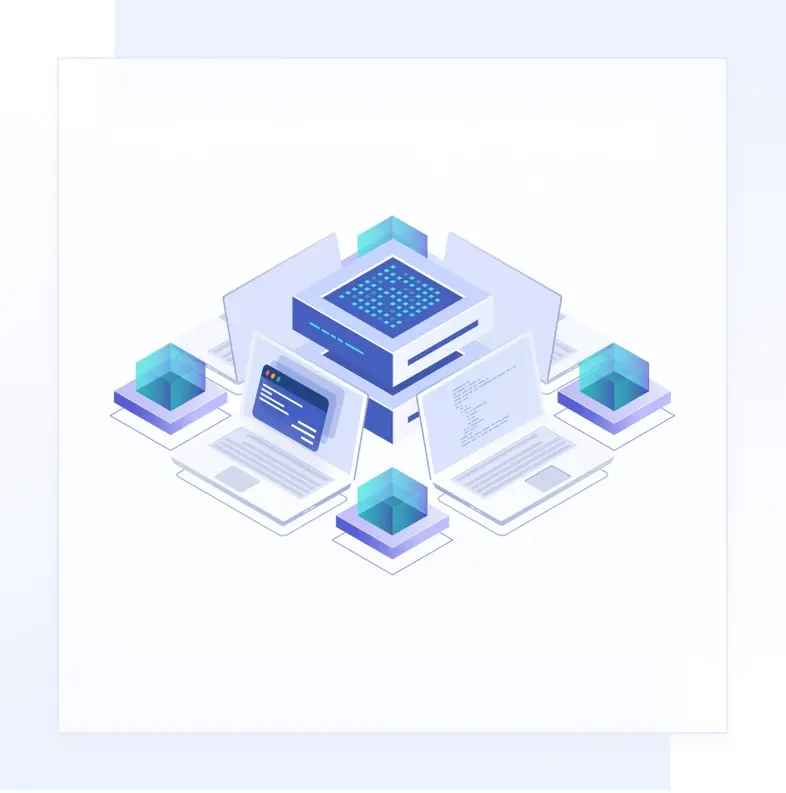
Security testing
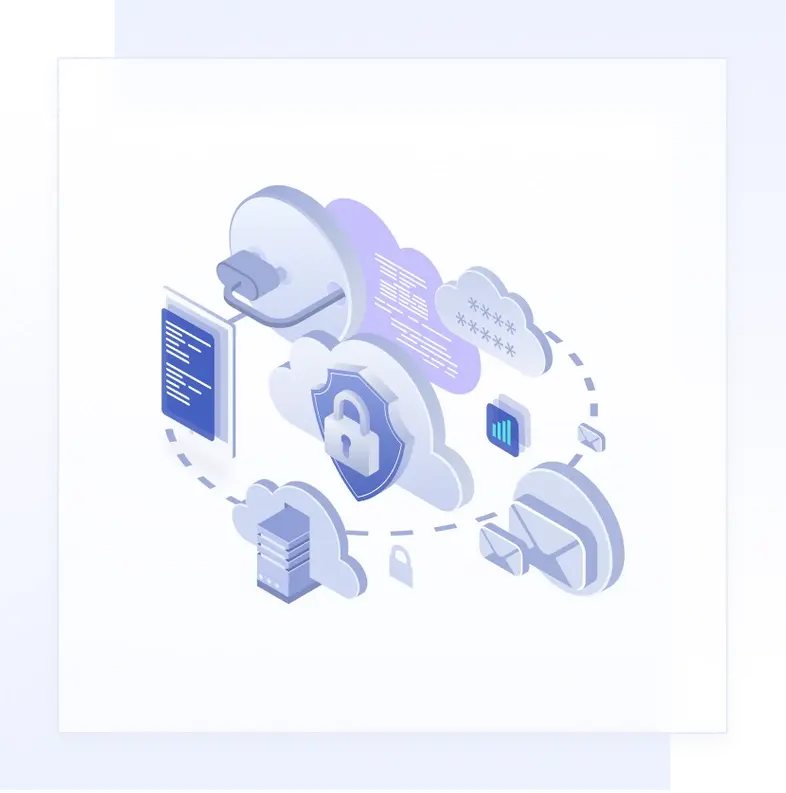
Our experienced testing professionals help our customers identify critical areas, prioritize testing needs and align suitable strategies to accelerate the process and safeguard apps from potential threats.
Here’s what we evaluate and offer as security testing services:
Testing Services for Different Application Types
Web application testing
Detects issues related to the frontend and backend of all types of web apps by examining application’s overall performance and user friendliness.
SaaS testing
Examines the integrity of your SaaS applications by conducting security and privacy-related checks, validating business logic, and data integration checks.
Mobile app testing
Core focus of mobile app testing services include performance, compatibility, usability, and functional testing types to deliver a rich experience through your mobile application.
Desktop application testing
Ensures that every function of your desktop application works just fine without any unexpected outcomes by conducting tests that assess usability, functionality, and stress handling capability.
Data warehouse testing
Builds and executes comprehensive test cases to ensure that the data is reliable, accurate, and consistent with the business’s data framework.
Cloud app testing
Helps you launch your cloud application by achieving faster time-to-market and data accessibility using standardized testing practices with proven testing frameworks.
Benefits of Working With Masscom
- Proven testing experts: Our end-to-end software test services, led by passionate software testers, help you plan, build the right team, and assist your developers in focusing on building quality products.
- End-to-End test coverage: We offer you complete test coverage that surfaces application bugs and defects that are difficult to detect. We perform all types of testing like Functional, GUI testing, Usability, Security, Accessibility testing, etc.
- Complete transparency with KPIs : We align QA processes KPIs precisely with your business needs and project goals. You'll have full control and access to QA reporting, including test results, test coverage, quality trends, sign-off reports, and more.
- Test automation for faster deliveries: Our software testing teams are armed with DevOps and automation tools that automate the most critical and time-consuming operations that lead to faster deliveries.
QA Process
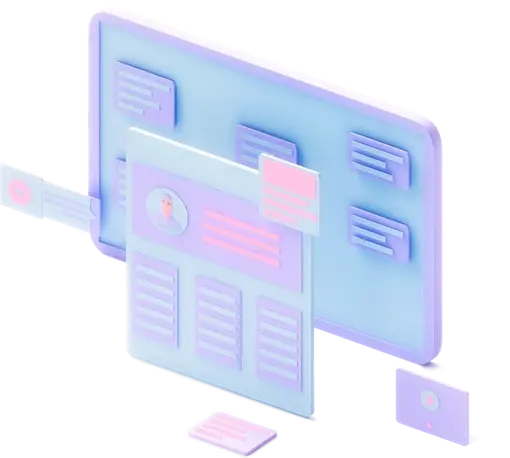
User story evaluation
Create a test plan
It contains – systems and configurations that need to be tested, non-functional requirements like code quality, test approach— traditional, exploratory, automation —or a mix, documentation to refer, test environment requirements and setup, etc.


Designing test cases
The QA team writes test cases according to the test plan and unites them into a test case document. For each test case, we specify its objective, the initial state of the software, the input sequence and the expected outcome.
It is a three-step process:
Implementing tests
During unit testing, production code functions are executed in a test environment with simulated input. The output of the function is then compared against expected output for that input.
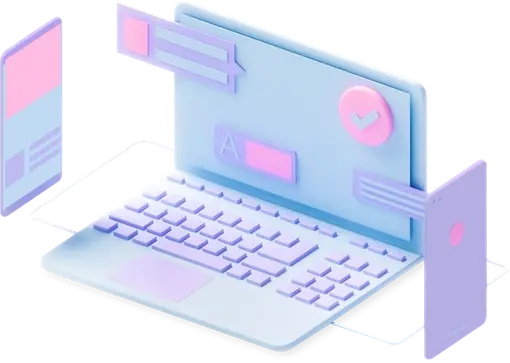

Execute all of the test cases
It is common practice to schedule integration tests just after delivery sprints. We run a System Integration Test , focusing on how the app components work. So while app-specific bugs will primarily be reported during the sprints, functional end-to-end bugs will crop up during the integration test.
Manual & exploratory testing
Testers identify the functionality of an application by exploring the application. The testers try to learn the application, and design & execute the test plans according to their findings.


Test closure
You get a test summary report describing the testing results. This activity has the purpose of checking the results against the completion criteria specified in the test plan. Let’s look at the components of exit criteria in general:
Continuous delivery
If however, the code fails the tests. The code will be rejected and the developer automatically notified of steps to correct.


